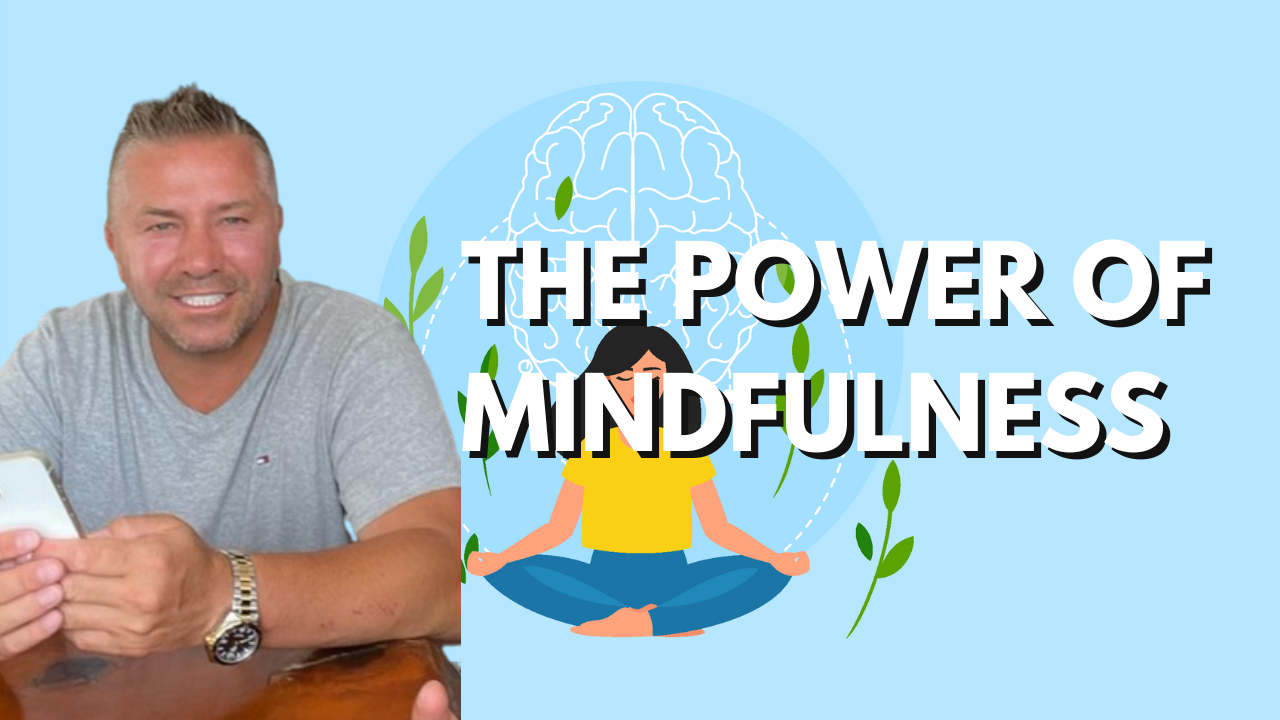In today’s fast-paced and digitally-driven world, the practice of mindfulness has emerged as a powerful tool for cultivating inner peace, clarity, and resilience amidst the chaos of daily life. Rooted in ancient contemplative traditions, mindfulness involves paying attention to the present moment with openness, curiosity, and non-judgmental awareness. In this blog post, we’ll explore the transformative potential of mindfulness, discuss its myriad benefits for mental and emotional well-being, and share practical tips for incorporating mindfulness into your daily routine.
Understanding Mindfulness:
- Present-Moment Awareness: At its core, mindfulness involves bringing conscious awareness to the present moment, without getting caught up in regrets about the past or worries about the future. By anchoring our attention to the here and now, mindfulness enables us to fully experience and engage with the richness of each moment as it unfolds.
- Non-Judgmental Acceptance: A key aspect of mindfulness is cultivating an attitude of non-judgmental acceptance towards our thoughts, emotions, and sensory experiences. Rather than labeling experiences as “good” or “bad,” mindfulness invites us to observe them with compassionate curiosity and acceptance, allowing whatever arises to be just as it is, without resistance or aversion.
- Cultivation of Inner Stillness: Through regular practice, mindfulness cultivates a sense of inner stillness and tranquility that serves as a refuge amidst the busyness and distractions of daily life. By training the mind to settle into a state of calm abiding, mindfulness offers a sanctuary where we can find respite from the incessant chatter of the mind and connect with a deeper sense of peace and equanimity.
Benefits of Mindfulness:
- Stress Reduction: Mindfulness has been shown to be highly effective in reducing stress and anxiety by promoting relaxation, enhancing self-awareness, and regulating the body’s stress response. By practicing mindfulness-based techniques such as deep breathing, body scanning, and meditation, individuals can cultivate a greater sense of calm and resilience in the face of life’s challenges.
- Improved Mental Health: Research has demonstrated that mindfulness can have profound benefits for mental health, including reducing symptoms of depression, anxiety, and insomnia. By fostering greater self-awareness and emotional regulation, mindfulness empowers individuals to navigate difficult emotions with greater ease and compassion, leading to improved overall well-being.
- Enhanced Focus and Concentration: Regular mindfulness practice has been shown to enhance cognitive function, including attention, focus, and working memory. By training the mind to sustain attention on the present moment, mindfulness helps to sharpen mental clarity, enhance productivity, and improve decision-making skills in both personal and professional contexts.
Practical Tips for Cultivating Mindfulness:
- Start Small and Be Consistent: Begin by integrating short mindfulness practices into your daily routine, such as a brief morning meditation, mindful breathing exercises throughout the day, or a mindful walk during lunchtime. Consistency is key, so aim to practice mindfulness regularly, even if it’s just for a few minutes at a time.
- Use Mindfulness as a Tool for Stress Management: When faced with stressful situations or overwhelming emotions, turn to mindfulness as a tool for managing stress and promoting relaxation. Practice deep breathing, progressive muscle relaxation, or a brief mindfulness meditation to help calm the nervous system and regain a sense of balance.
- Cultivate Mindful Awareness in Everyday Activities: Infuse mindfulness into your daily activities by bringing full awareness to each moment, whether it’s eating a meal mindfully, savoring a cup of tea, or engaging in routine tasks with mindful attention. By bringing mindful awareness to everyday activities, you can cultivate a greater sense of presence and appreciation for the simple joys of life.
Conclusion: Mindfulness is a profound practice that offers a pathway to greater peace, clarity, and well-being in an increasingly hectic and demanding world. By embracing mindfulness as a way of life and integrating its principles into our daily routines, we can cultivate a deeper connection to ourselves, others, and the world around us. As we continue on our journey of self-discovery and personal growth, let us remember that the power of mindfulness lies not in achieving a particular state of mind, but in embracing the fullness of our present experience with open-hearted awareness and acceptance.

